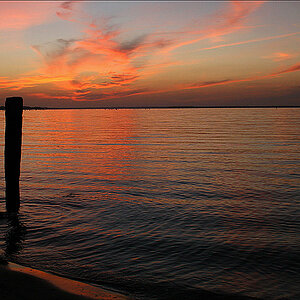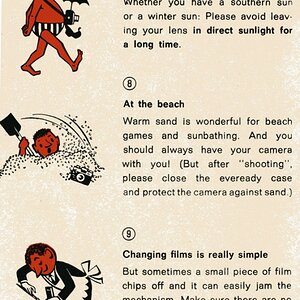sashbar
Been spending a lot of time on here!
- Joined
- Dec 13, 2012
- Messages
- 3,044
- Reaction score
- 1,183
- Location
- Behind the Irony Curtain
- Can others edit my Photos
- Photos NOT OK to edit
Last weekend I spent 2,5 hours on the street with my digital camera. You know how many photos I have taken?
Zero. Zero shots. I even felt a bit proud of it. I am glad I am getting more selective.
Zero. Zero shots. I even felt a bit proud of it. I am glad I am getting more selective.





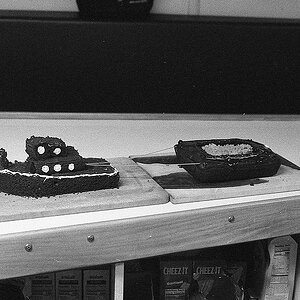
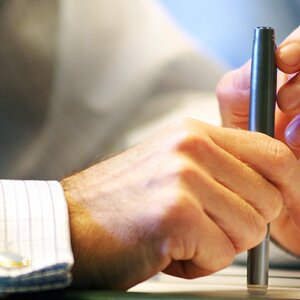
![[No title]](/data/xfmg/thumbnail/33/33357-bd174890e33fb2a7f7338b9278e6dad2.jpg?1619735920)

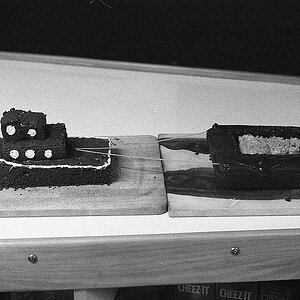

![[No title]](/data/xfmg/thumbnail/40/40288-4d5d7a8aa74ddfceb5fb82062d9b21be.jpg?1619739409)
